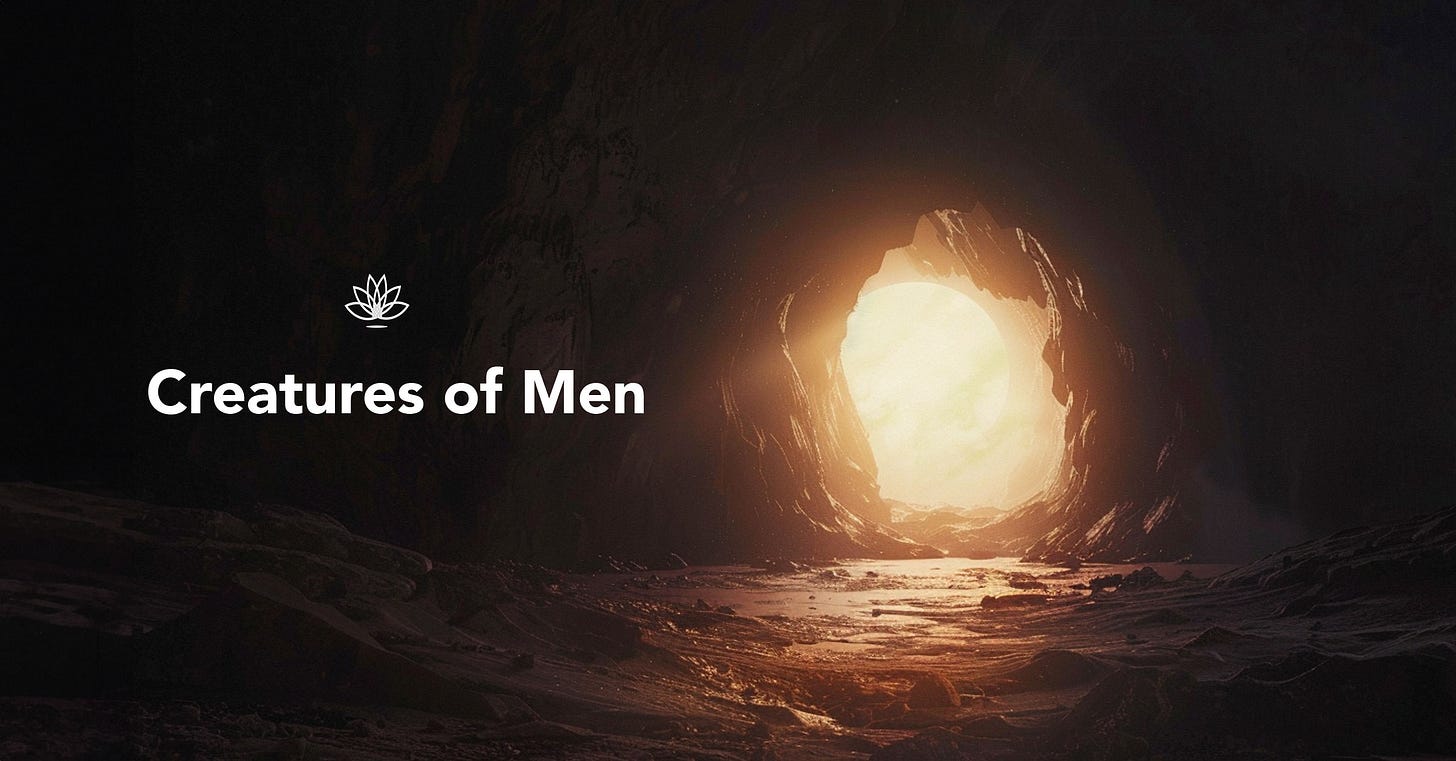Creatures of Men
Benjamin Disraeli, an enigmatic man of British parliament in the late 1800s, is most known for his two stints as Prime Minister as well as a deeply thoughtful writer and novelist. His first work, Vivian Grey (published in 1826), contains this piercing insight: "Man is not the creature of circumstances; circumstances are the creatures of men."
Nearly a century later, James Allen popularized Disraeli’s acumen in Allen’s self-described "book that will help you to help yourself" entitled As a Man Thinketh. In it, Allen borrows from Proverbs with the phrase "As a man thinketh, so is he."
Countless philosophers, sages, and transcendent souls over the ages likewise attest that perception is an outcome of belief not a byproduct of circumstance.
Circumstances are the creatures of men. We are what we think.
To which we naturally, and quite vociferously, resist. If asked to point toward the source of our suffering, we swiftly produce a detailed and thoroughly definitive set of grounds for discontent. Certain we are right.
Tragically we are. The belief that worldly events, other people, and our body are responsible for our joys and pain leads to exactly that experience.
Yet, while the world is indeed replete with wickedness, corruption, an innumerable other challenges to bodies, the true self is not found in what Yeats poignantly described as "a tattered coat upon a stick." The body "but a paltry thing."
There is another way of seeing, a different way of being, that leads to a remarkably different outlook. By shifting awareness out of the name and body self and into the formless presence of mind, we can look with gentleness and without judgment at the body’s grip on grievances. Not to shame them. And certainly not to discount them. But rather to see their true source.
From such a right-minded perspective, the reflection of perfect peace embraces and permeates the body, enabling it to respond from a place of serenity rather than sorrow. And what flows forth will be far more fruitful than any judgment-based (i.e., "self-justified") response.
As we read in A Course in Miracles, "Two ways of looking at the world are in your mind, and your perception will reflect the guidance you have chosen."
Learning to choose wisely makes all the difference.
Join me in Thursday’s class where we’ll explore these concepts and lessons we can practice for experiencing less pain and more peace. I look forward to seeing you then.


